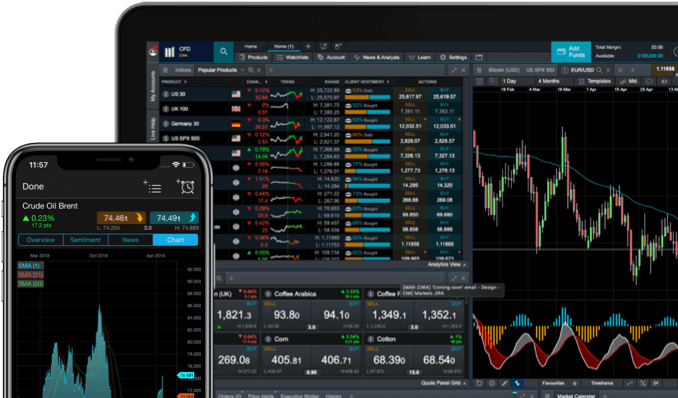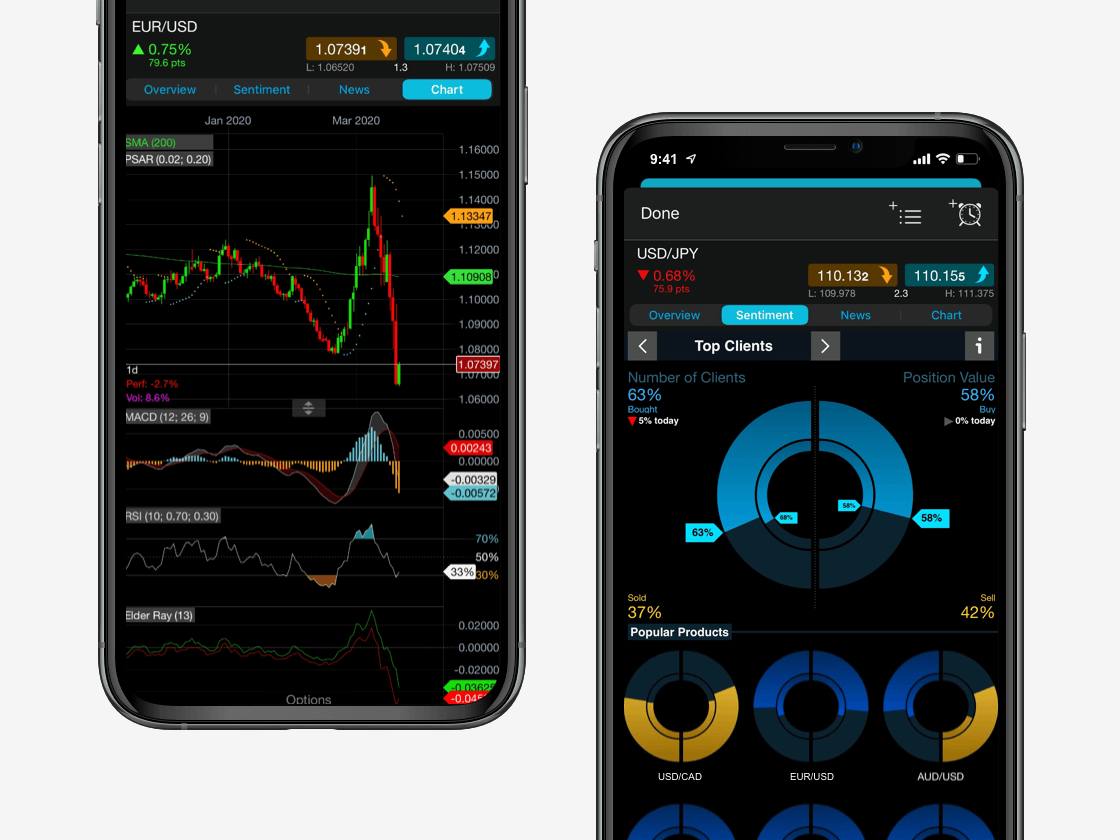The term ‘block trade’ refers to the nature of a large order transaction. Block trades are usually carried out through a blockhouse, which is a financial intermediary that aims to help investors with their risk management. Block trading can be seen as a way for traders to buy and sell a high volume of securities without the market prices having a negative impact. Therefore, specially trained staff at blockhouses can help to manage large trade orders of a particular security, while maintaining the price of the security. This way, investors can block trade stock and sell their equities at an agreed date in one go, similar to forward trading. There should therefore be less risk of price movements when using this method.
According to the New York Stock Exchange, a block trade should involve at least 10,000 shares within the stock market or $200,000 worth of bonds within the treasuries market, although this figure is generally a lot higher. These shares do not include penny stocks but rather more established or blue chip companies. Investors tend to trade blocks outside of the open market or a centralised exchange, therefore they are categorised as over-the-counter (OTC) products. This helps to stabilise the price of the securities as the open market can often fluctuate in terms of asset value and volume.

















